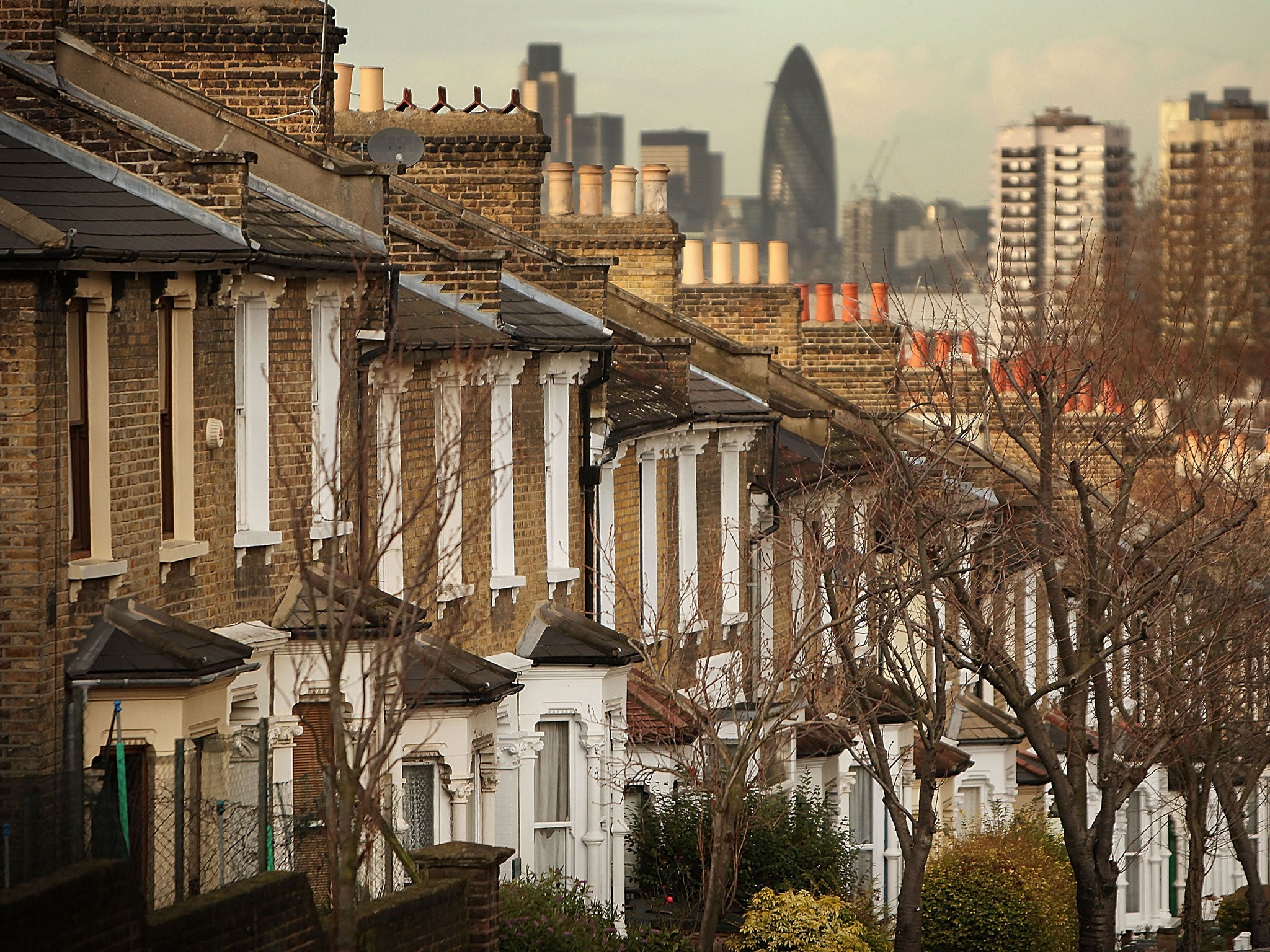Mortgages: What should I do if I’ve got three years or more to go on a fixed-rate mortgage?

Adrian Anderson says: “Congratulations - you've got certainty for a reasonable period of time. However, you shouldn't rest on your laurels as when you do come to remortgage in three years, chances are rates will be higher so your mortgage will cost more. Put yourself in a stronger financial position by overpaying each month if you can and reducing your outstanding mortgage.
“Most lenders will let you overpay by up to 10 per cent of the mortgage each year. If you are thinking about going self-employed, now is a good time to do it as most lenders will want to see at least three years’ worth of accounts when you come to remortgage so you would be giving yourself time to generate these.”
Ray Boulger says: “It is worth getting advice from a good independent mortgage broker as in a few cases it can be worth paying the early redemption charge to switch to a new rate. For example a fixed-rate taken out two or three years ago might have been at a particularly high rate because at the time the loan-to-value was very high.
“With some of the mortgage since paid off in regular monthly payments (assuming a repayment mortgage), plus factoring in the recent increase in house prices, it might be worthwhile paying the early redemption charge to switch to the cheaper rates available at lower loan-to-values.
“One final point is that some borrowers with a tracker mortgage which has early redemption charges, including some from Woolwich, Nationwide and Santander, will have what’s called a drop-lock option, which allows them to switch to one of their lender’s fixed rates at any time without incurring the charge. Depending on how competitive the deals available are, that could be a good option.”
Join our commenting forum
Join thought-provoking conversations, follow other Independent readers and see their replies
Comments
Bookmark popover
Removed from bookmarks